
A training workshop on investigative journalism on free movement and migration has taken place at Takoradi in the Western Region.
In all, thirty journalists benefitted from the 3-day workshop, which was organized by Media Response, A Non-Governmental Organization (NGO) in collaboration with the Free Movement and Migration (FMM) Project in West Africa.
The training aimed to sensitize frontline journalists and field correspondents on the various legal frameworks that promote the free movement of persons as well as protect migrants, recognizing that public awareness on safer migration and the protection of migrant's right were essential in informing the destination choices of regular migrants.
In an address delivered on his behalf at the opening of the workshop, the Western Regional Minister, Dr Kwaku Afriyie, noted that the menace of irregular migration had assumed global dimensions and alarming proportions with many of the youth risking their lives in search of "greener pasture" and many others falling victim to the phenomenon of human and child trafficking.
Dr Afriyie said the Western Region was home to Ghana's second harbour and an attractive route for potential stowaways aboard ships bound for Europe and the Americas.
He noted that issues of migration, free movement and migrants rights were key to the socio-economic development of the Western Region, which had, in recent times, become a major hub for migrant labour from all over the world as a result of its abundant natural resources including timber, gold, diamonds and oil and gas.
Strengthening the capacities of journalists to conduct investigative journalism and provide accurate and balanced reportage on free movement and migration, he said, was, therefore, of prime importance.
Dr Afriyie pledged the determination of government under the leadership of His Excellency President Nana Addo Dankwa Akuffo-Addo to support the growth of the Ghanaian media to be able to effectively investigate and communicate on all aspects of social life.
He acknowledged the efforts of Media Response in championing cause of the Economic Community of West African States (ECOWAS) Free Movement and Migration Project in Ghana and reiterated Government's commitment to the successful implementation of the project in Western Region.
In a statement, the Executive Director of Media Response, Mr Samuel Dodoo, said the training would enhance the capacities of participants to conduct investigations on free movement and migration and enhance their ability to disseminate information and educate the public on the ECOWAS Protocol on the Free Movement of Persons and Migrants Rights.
Supt. Emmanuel N.O. Ashley 2IC, Enforcement, Ghana Immigration Service (GIS), Western Region, who also addressed the workshop, indicated that GIS was mandated to regulate and monitor the entry, residence, employment and exit of all foreigners.
Supt. Ashley said it was in the national interest to effectively manage migration since migration brought advantages and disadvantages to both countries of origin and destination while unregulated migration attracted socio-economic and political cost.
He disclosed that the development and launch of a National Migration Policy in 2016 with support from the International Organization for Migration (IOM), European Union (EU) and the United Kingdom (UK) Department for International Development (DFID), had led to a significant improvement in migration management in Ghana.
He said GIS, since the formation of ECOWAS in 1975 and the adoption of the ECOWAS Protocol on Free Movement of Persons, Residence and Establishment in 1979, had been at the fore front of effectively implementing the protocol across the country's entry points by operating fair but firm immigration controls, effective border management systems and processes that facilitated easy movements of persons without hindrance.
Furthermore, Supt. Ashley said, GIS was on top of issues to deter miscreants and that the Border Patrol Unit of the Service was on 24/7 alert, monitoring the country's borders.
He, therefore, admonished journalists that as watchdogs and agents of change they had a significant role to play in the implementation of the Protocol.
He also challenged them to collaborate with journalists in other member states to adopt as a project and collectively pursue the cause of promoting awareness on the ECOWAS Protocol on the Free Movement of Persons, Residence and Establishment by reporting persistently on the bottlenecks hindering its successful implementation.
Assistance Superintendent of Police (ASP) Olivia Adiku, who spoke on behalf of the Regional Police Commander, appealed to colleague service commanders to strengthen their inter-agency co-operation and sharing of intelligence on criminals who might take advantage of the ECOWAS Protocol to perpetrate crimes such as human trafficking, drug trafficking, small arms trafficking and the smuggling of goods.
ASP Adiku said as Service Commanders, they had a responsibility to educate their frontline officers to be more professional, disciplined and, above all, respect the rights of migrants in the performance of their duties.
The Western Regional President of the Ghana Journalists Association (GJA), Mr Moses Dotse Akrobotu, urged journalists to specialize in order to promote professionalism in journalism.
Mr Akrobotu, therefore, called for the establishment of complete specialized desks on Migration, Oil and Gas, Sanitation and Women and Children's issues, among others while urging the Chief Executive Officers (CEOs) of media houses to undertake a complete over-haul of journalism practice to reflect the endeavor of specialization.
The Programs Manager of FMM West Africa, Mr Franz Celestin, acknowledged the rights of migrants and called media practitioners to duly respect the free movement of migrants.
Mr Celestin bemoaned societal stigma against migrants in view of the status in the countries they found themselves and urged the media to help discourage the attitude.
The FMM Project, which supports the free movement of persons and migration in West Africa, aims at maximising the development potential of free movement of persons and migration in West Africa.
The project is designed to support the ECOWAS Commission in its role as a regional platform for migration policy development, strengthen the Migration Dialogue for West Africa (MIDWA) as well as build the capacities of ECOWAS in managing migration and exploring the benefit of ECOWAS free movement protocols.
The project supports migration data management, border management, labour migration and combating trafficking in persons in West Africa.
At the national level, the project is supporting ECOWAS Member States and Mauritania in developing national migration profiles, elaborating and adopting national migration policies, and delivering tailored technical assistance for national institutions through a demand-driven facility.
The project also promotes the active engagement of non-state actors and local authorities in information and protection activities for the benefit of migrant and cross-border populations in West Africa.
FMM West Africa is jointly funded by the European Union and ECOWAS and implemented by the International Organization for Migration (IOM) in partnership with the International Centre for Migration Policy Development (ICMPD) and the International Labour Organization (ILO).
Source: ISD (Fredrick Senu-Richards)
Read Full Story
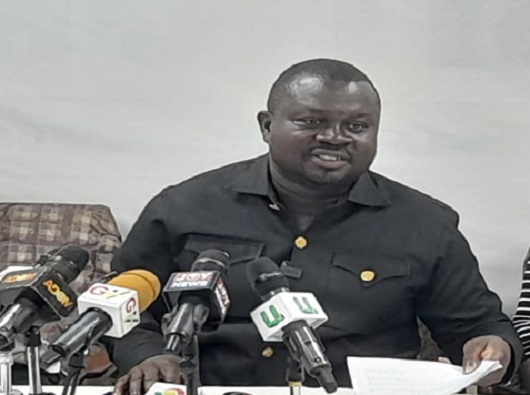

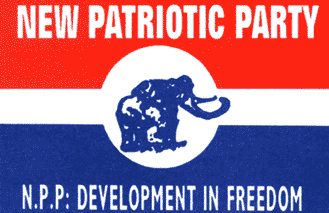

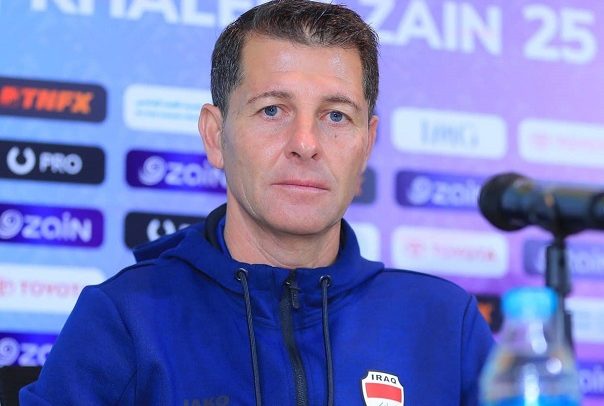
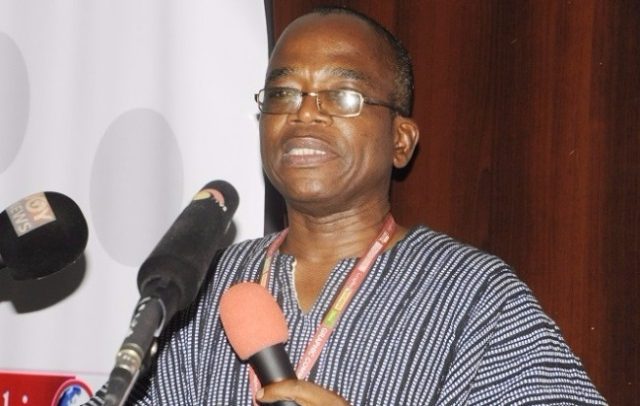










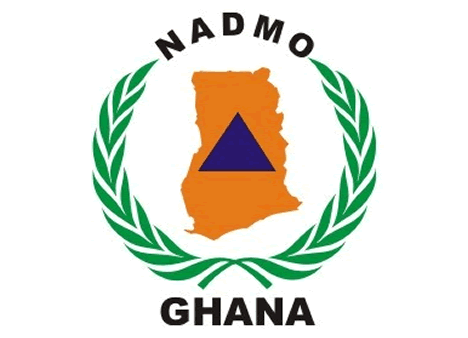

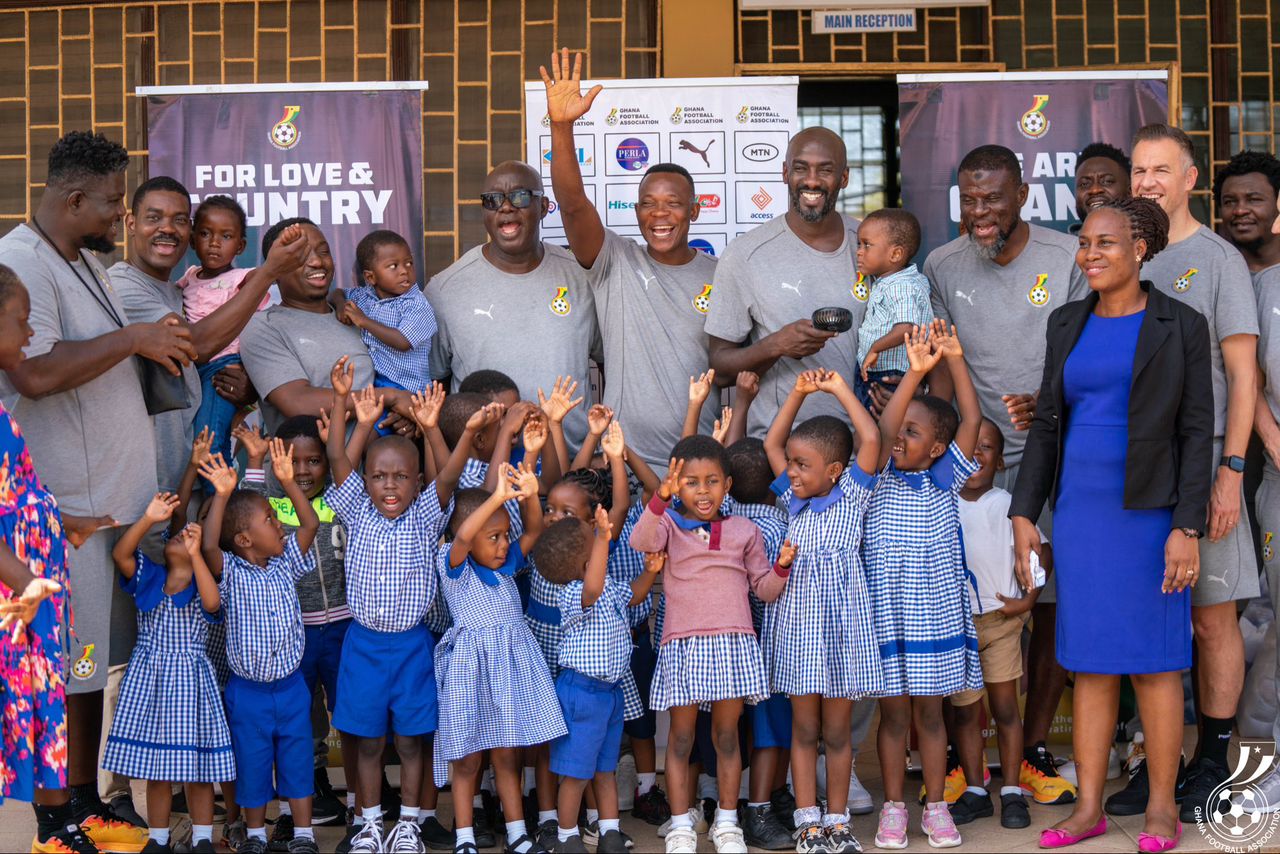


Facebook
Twitter
Pinterest
Instagram
Google+
YouTube
LinkedIn
RSS